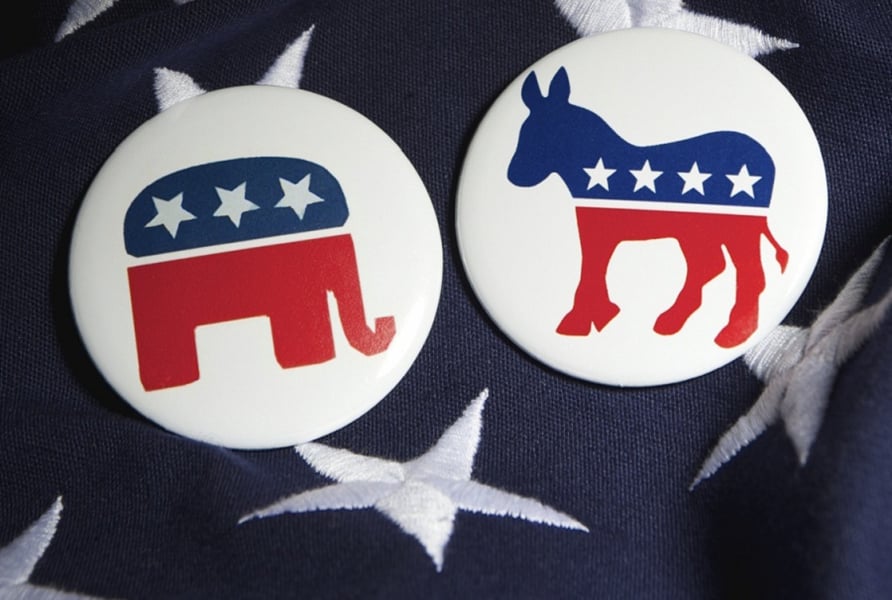

As the conclusion to the high-stakes presidential race between Trump and Harris draws closer, RIAs are becoming increasingly concerned about the near-term prospects for the economy, according to the latest RIA Economic Outlook Index survey released by Security Benefit and Greenwald Research.
Drawing from a poll of 100 advisors conducted in August, the index revealed a drop in overall sentiment on economic conditions among advisors, going from 58 in the first half of the year to 53 in the third quarter, indicating heightened worries about volatility and uncertainty.
“RIAs are shifting their strategies to accommodate for growing volatility heading into the end of the year,” Mike Reidy, national sales manager for the RIA channel at Security Benefit said in a statement. “Markets don’t like uncertainty, and that’s what we’re dealing with."
Concerns surrounding the Federal Reserve’s actions are also top of mind for advisors. Following the Fed’s half percentage point rate cut in September, nearly 24 percent of RIAs expect at least four more reductions over the next three months. As per the official calendar, the FOMC has only two meetings to go this year, with the next one expected to fall in late January next year.
Expectations of a possible recession have also risen. From the second quarter, when 42 percent of advisors saw a moderate likelihood of recession within the next year, the survey found that figure has now jumped to 52 percent.
With the election just weeks away, RIAs are focused on how the outcome could sway the markets. A solid fifty-seven percent majority of respondents believe a victory by former President Trump would boost equity markets, while 51 percent think a win by Vice President Harris will hurt stock valuations broadly.
However, despite these concerns, 86 percent of advisors reported no changes in their long-term investment strategies tied to the political campaigns. That could be reflective of the the S&P 500's long-term performance record, which has translated into a 7 percent average gain during presidential election years.
“During an election year, it’s very common for markets to experience short-term volatility due to speculation around potential policy changes,” Reidy added. “It’s important that RIAs build client strategies that look to the future and consider downside protection."

RBC Wealth Management's latest move in New York adds an elite eight-member team to its recently opened Westchester office.

Stifel – so far - is on the hook for more than $166 million in damages, legal fees and settlements in investor complaints involving Roberts, a 35-year industry veteran.

The giant alt investments platform's latest financing led by T. Rowe Price and SurgoCap Partners, along with State Street, UBS, and BNY, will fuel additional growth on multiple fronts.

Some investors recently have seen million dollar plus decisions by FINRA arbitration panels involving complex products decisions go their way.

New report shines a light on how Americans view wealth today.
Orion's Tom Wilson on delivering coordinated, high-touch service in a world where returns alone no longer set you apart.
Barely a decade old, registered index-linked annuities have quickly surged in popularity, thanks to their unique blend of protection and growth potential—an appealing option for investors looking to chart a steadier course through today's choppy market waters, says Myles Lambert, Brighthouse Financial.
